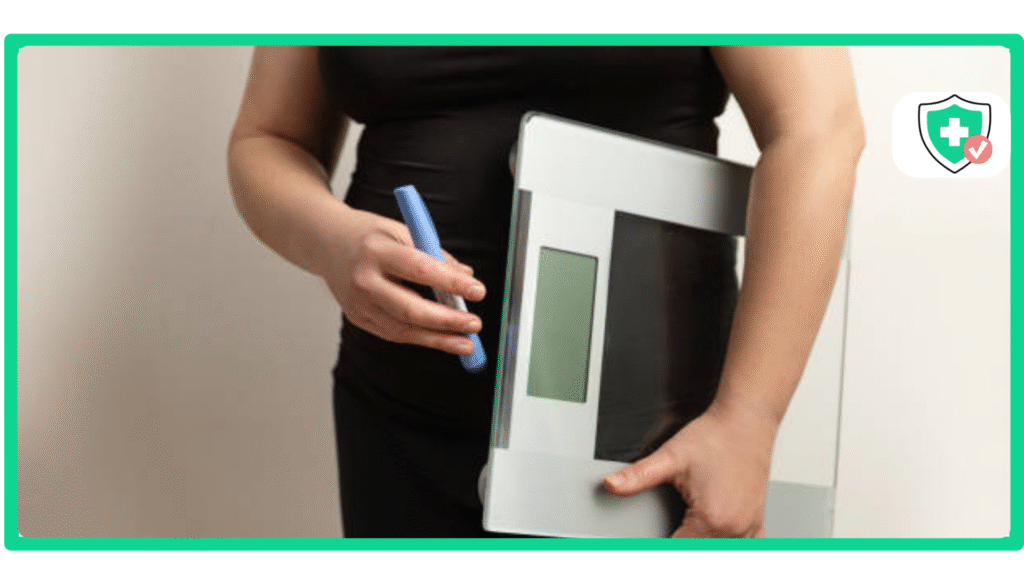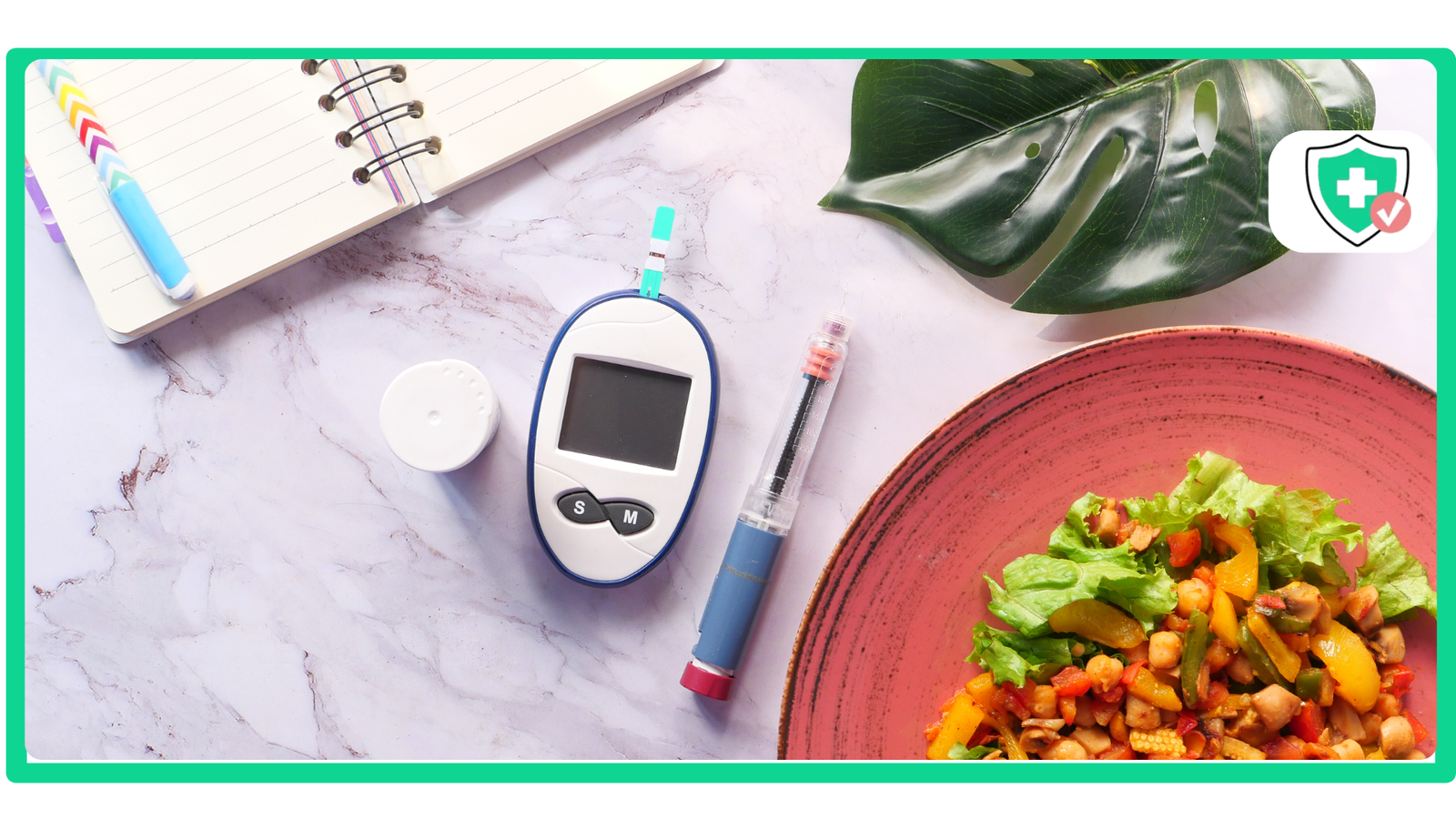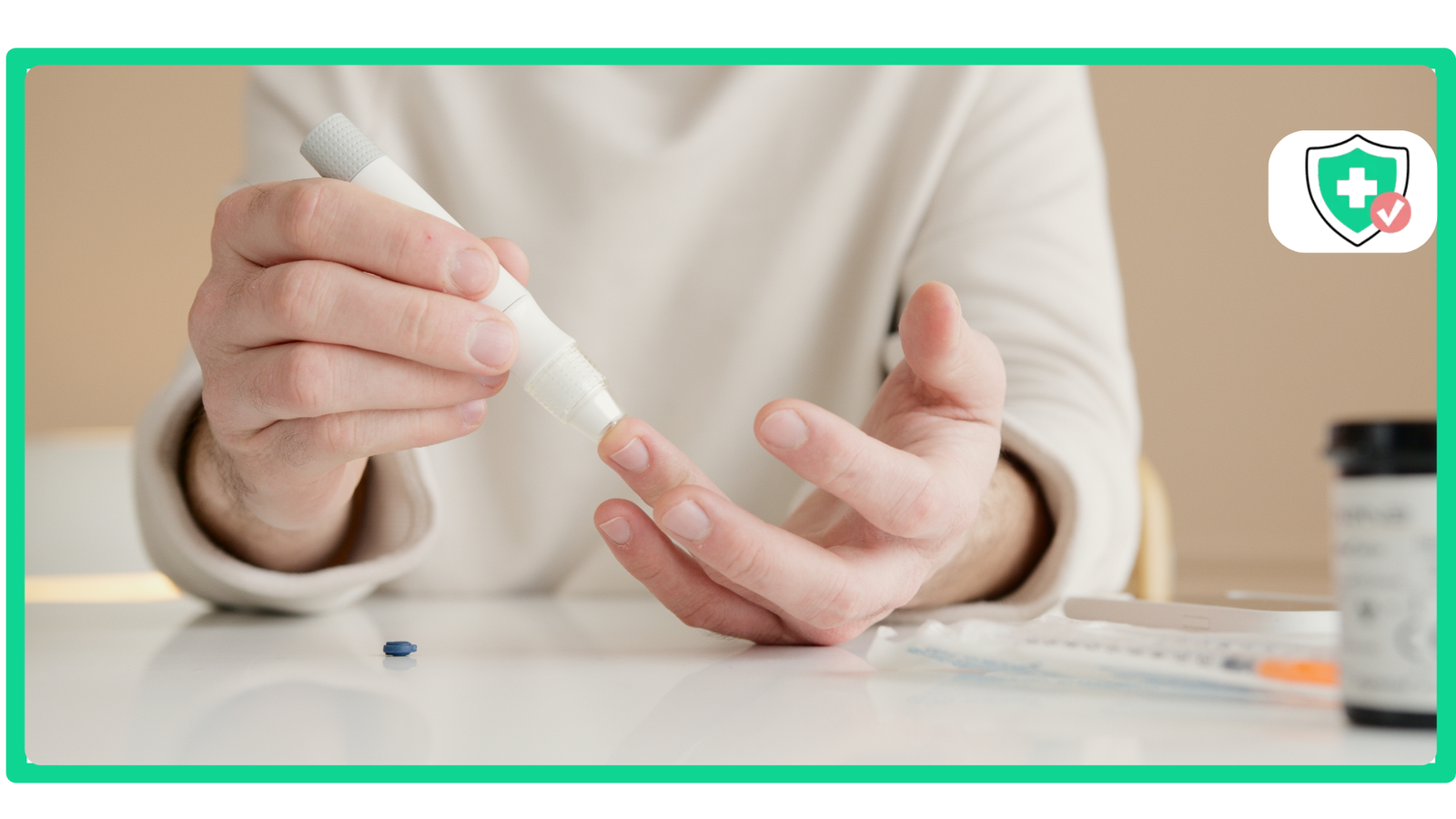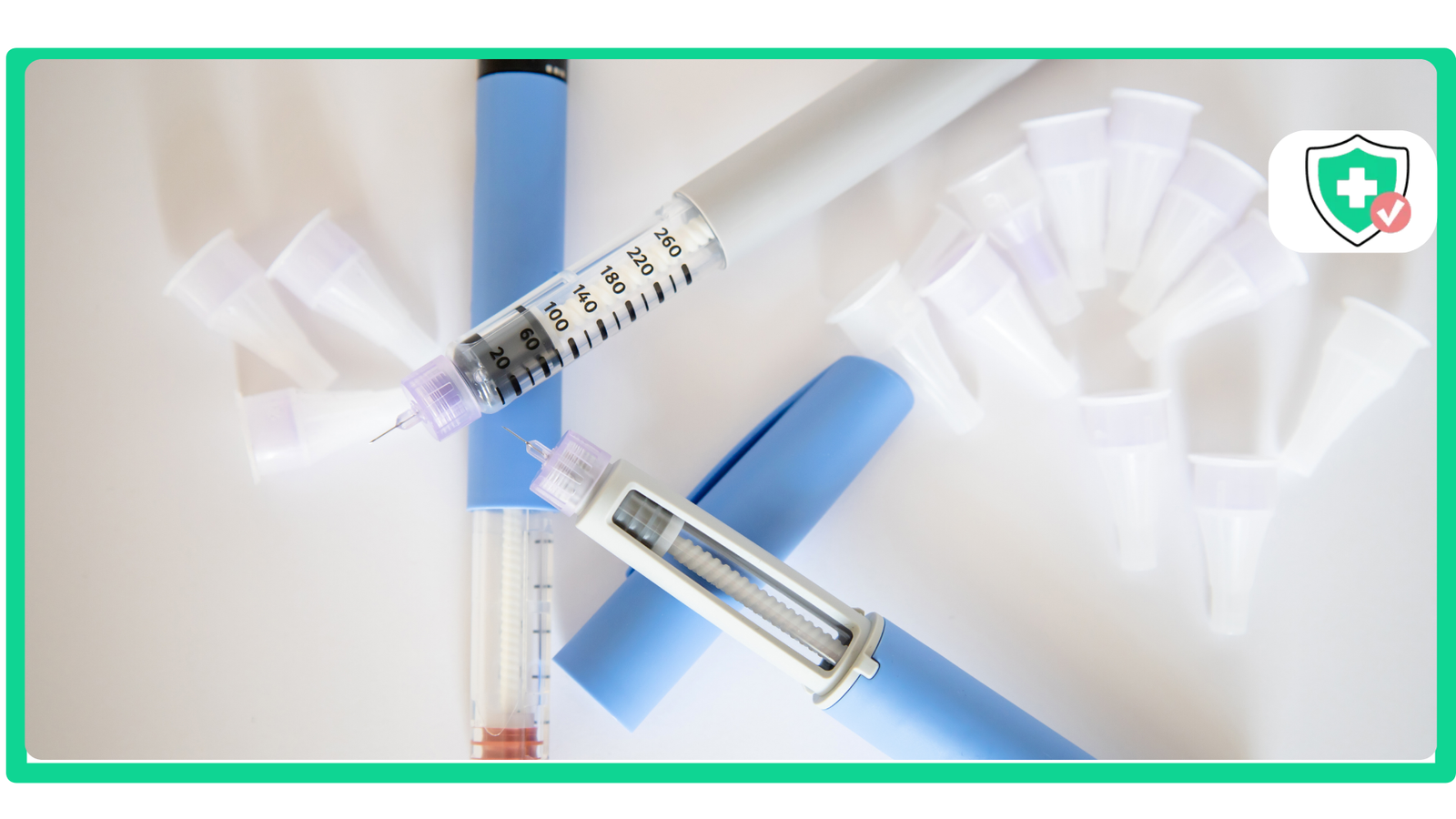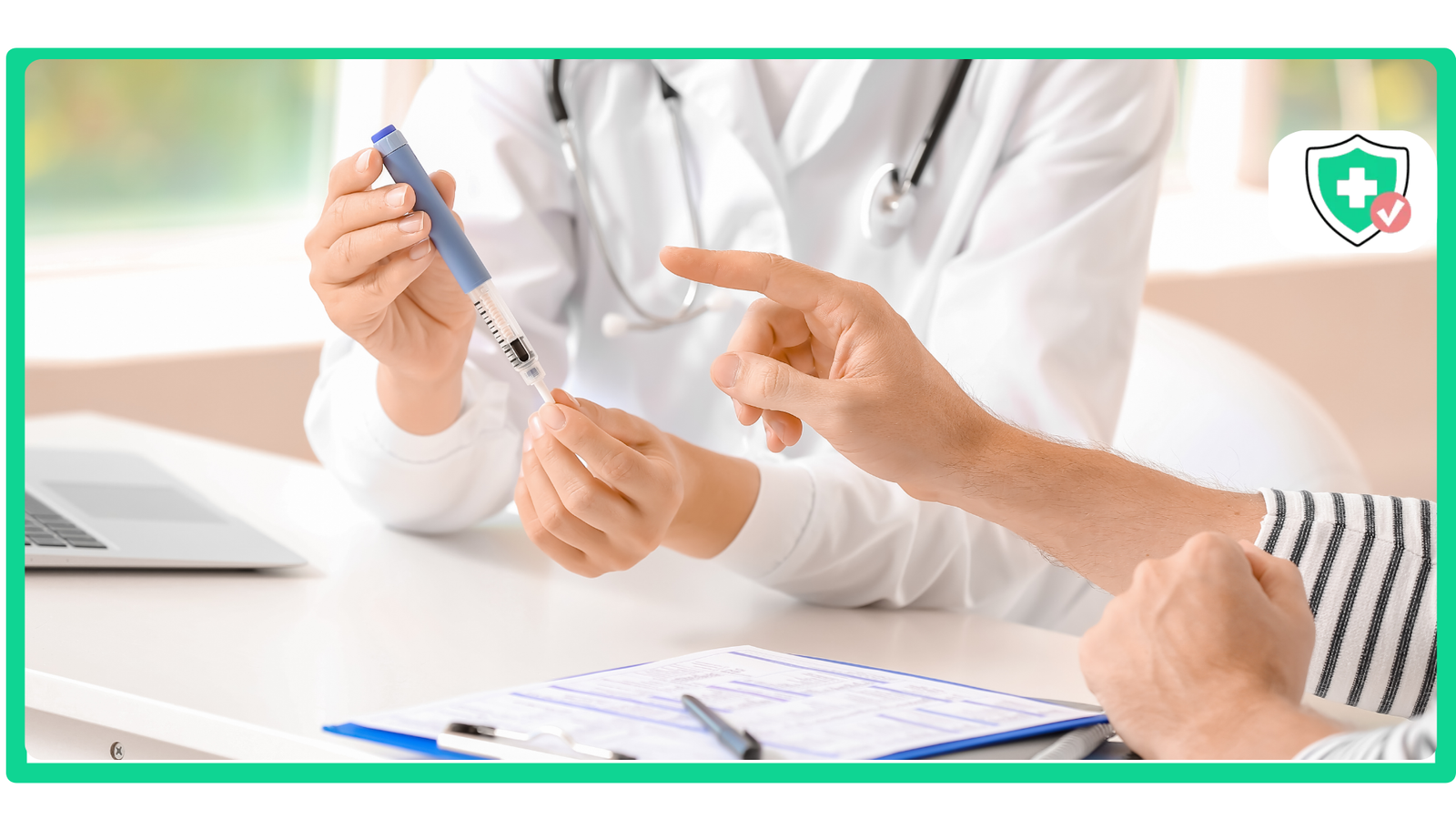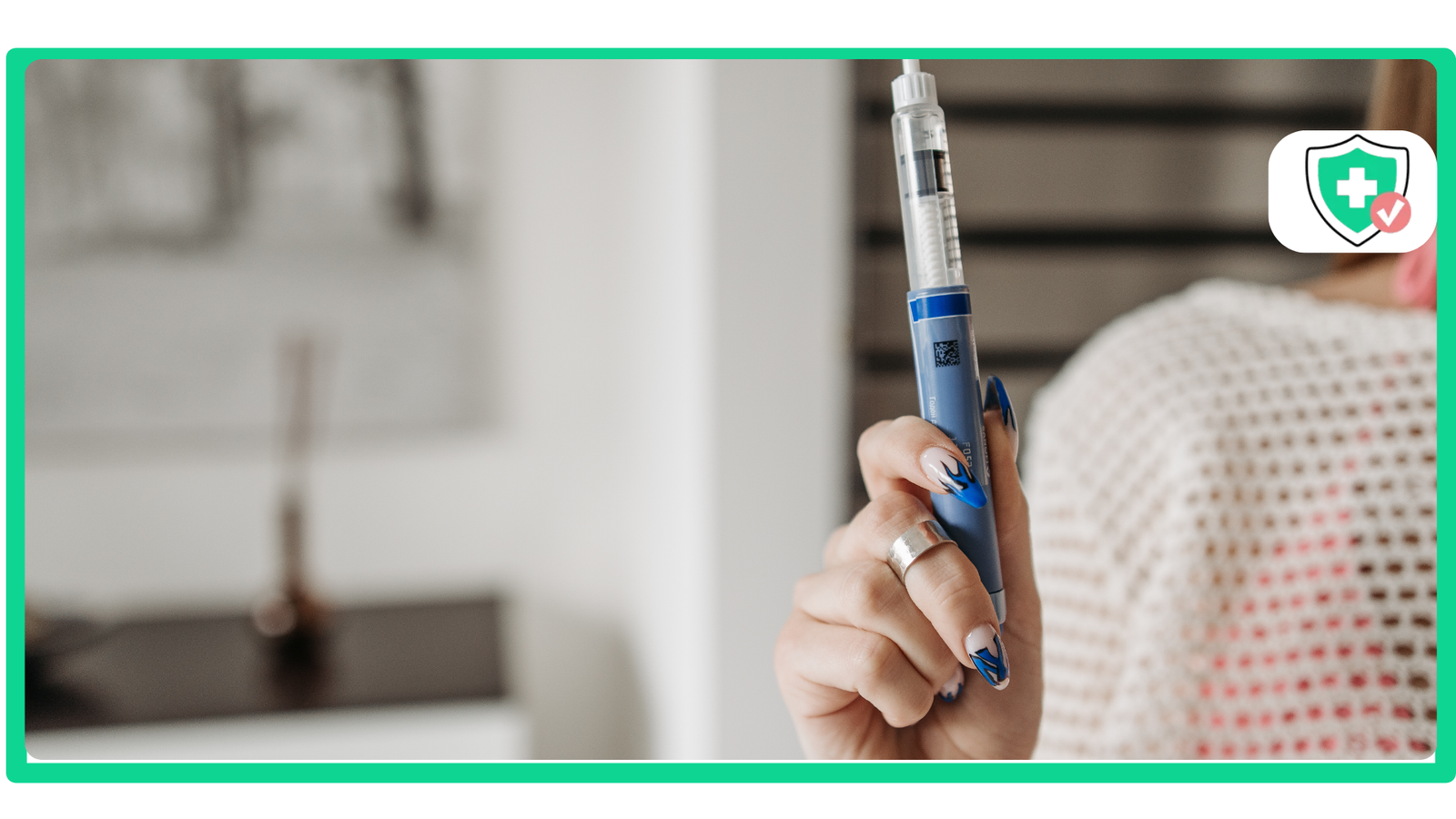It is wonderful that you are taking a big step to improve your health with semaglutide. A very important part of this journey is learning how to use your new medication safely. To make sure semaglutide works well and to keep you safe, it is a good idea to know about other medicines that might affect it. This brings up a very important question: what can’t you take with semaglutide?
This guide will give you a clear and simple list of things to be aware of. Knowing this information will help you have a good, open talk with your doctor.
The Most Important Interaction: Other Diabetes Medications
The biggest and most important interaction to know about is with other medicines that are used for diabetes. This is because of how they can affect your blood sugar.
Semaglutide is very good at lowering your blood sugar. That is one of its main jobs. But if you take it with other medicines that also lower blood sugar, the effect can become too strong.
This can cause your blood sugar to drop to a dangerously low level. This is a problem called hypoglycemia.
Here are the main types of medicines to be very careful with:
- Insulin (like Lantus or Humalog)
- Sulfonylureas (like glipizide or glyburide)
Now, this does not mean you can never take them together. But your doctor must be the one to make that decision. They will likely lower the dose of your other medicine and will want you to check your blood sugar very carefully.
The Impact on All Oral Medications (Pills You Swallow)
Semaglutide can also have an interesting effect on any other pills you take. This is not a chemical reaction. It’s more of a physical one.
Semaglutide Slows Down Digestion
Think of your stomach like a sink. Normally, when you eat or drink, it drains at a steady pace. Semaglutide makes the sink drain much more slowly. This is one of the ways it helps you feel full and lose weight.
Delayed Absorption of Other Pills
Because your stomach is draining slowly, any pills you swallow will sit in your stomach for a longer time. This can change how quickly your body absorbs the medicine and how fast it starts to work.
For most pills, this small delay is not a big deal. But for medicines where the timing is very important, like thyroid pills or certain antibiotics, your doctor needs to know. This is a key part of understanding what can’t you take with semaglutide without your doctor’s okay.
Other GLP-1 Medications: Avoiding Doubling Up
This is a simple but very important rule. You should never, ever take semaglutide with another medicine that is in the same family.
This family of drugs is called GLP-1 receptor agonists. Taking two of them at the same time would be like taking a double dose of your medicine. This could make you feel very sick and cause bad side effects.
Here are a few other medicines in this family:
Your treatment plan is designed specifically for you by a medical professional. Our team of U.S.-licensed doctors ensures that your prescription is both safe and appropriate for your individual needs.
Full Transparency with Your Doctor is Non-Negotiable
So, how can you be sure you are being safe? The answer is very simple: talk to your doctor. The only way to be completely safe is to give your doctor a full list of every single thing you take.
This means you should tell them about your other prescriptions. You should also tell them about any over-the-counter pills you take, like pain relievers. And don’t forget to mention any vitamins or herbal supplements, too.
A truly great healthcare program makes this conversation easy and ongoing. It’s about more than just a one-time prescription; it’s about a partnership. That’s why a transparent, all-inclusive model is so beneficial. For example, Semaglutide Medics offers a clear plan for a flat $299 per month.
This single fee covers your initial doctor consultation and ongoing medical support, so you can always ask questions about your medications. It also includes the prescription, the medication, and free home delivery, ensuring your care is both comprehensive and affordable. Having a doctor who knows your full health picture is the only way to be sure about what can’t you take with semaglutide.
You can keep your medical history and medication list updated for your provider in your secure patient portal.
The Final Word on Semaglutide Interactions
Let’s review the most important points. Be very careful with other diabetes medicines because of the risk of low blood sugar. Remember that semaglutide can slow down how your body absorbs other pills. And never take two GLP-1 medicines at the same time.
So, what can’t you take with semaglutide? The safest and best answer is this: nothing that your doctor does not know about.
When you are an open book with your doctor, you can be sure that your weight loss journey is not only working but is also as safe as it can possibly be.
If you have questions about your current medications and how they might interact with semaglutide, the best first step is a professional medical consultation. Contact the Semaglutide Medics team today to speak with a licensed provider.
Sources:
- U.S. Food and Drug Administration (FDA) – Ozempic (semaglutide) Prescribing Information (See Section 7, Drug Interactions): https://www.accessdata.fda.gov/drugsatfda_docs/label/2017/209637lbl.pdf
- National Library of Medicine – Semaglutide (StatPearls – see Drug-Drug Interactions): https://www.ncbi.nlm.nih.gov/books/NBK557718/
- MedlinePlus (a service of the National Library of Medicine) – Semaglutide Injection: https://medlineplus.gov/druginfo/meds/a618008.html

